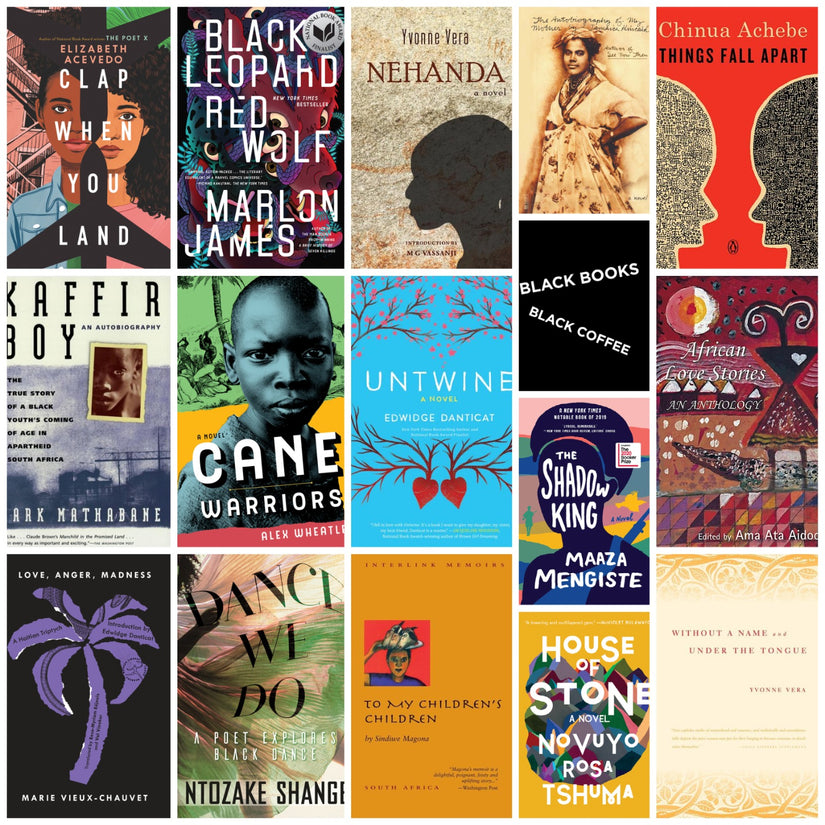
Let Us Read and Read Deeply
Let us read and read deeply to see if we might not glean something of the source of the particular magic that makes us in the magical works made by us.
By Naledi Yaziyo.
I recall the very first time I read a book written by a Black writer who wasn’t South African. Thirteen years old and growing up in Cape Town, South Africa where my mother worked at a small library in the township of Khayelitsha. I had been reading widely until then, but I had also been reading very whitely. The usual fare for teenagers reared under the shadow of American empire in the early 2000s – Goosebumps, Sweetvalley Junior High and the Fearless series.
Occasionally, I would supplement my reading with my mother’s copies of South African classics such as E'skia Mphahlele’s Down Second Avenue and Sindiwe Magona’s To My Children’s Children.
As soon as I turned thirteen, my mother embarked on a singular mission to broaden my reading by assigning me two American titles: Gloria Naylor’s The Women of Brewster Place and Maya Angelou’s I know Why the Caged Bird Sings. She never did explain why she chose Angelou and Naylor for my initiation and I have never thought to ask. Reading these titles was discovering that a world just like mine existed in another place.
After my reading of Naylor I quickly went back to my mother's copy of Magona’s To My Children’s Children. I had so many questions! I wished to understand why the women in Magona’s work seemed to carry hardship the same way the women in Naylor’s novel did - like my grandmother and her friends; crying together, holding one another through pain and speaking harsh words to call each other to accountability. Was this collective spirit simply how Black women existed everywhere?
As an adult, I now understand that the questions I was asking as a young reader are questions that have occupied Black thinkers and scholars for a long time. Is there an essence to our Blackness? they have asked. How do we understand the things that seem to be the same everywhere where Black people have lived? Rofhiwa enters into this long and ongoing conversation with the suggestion that at least some parts of the answers to these big questions can be found in the stories and narratives that Black minds have conjured. Let us read and read deeply to see if we might not glean something of the source of the particular magic that makes us in the magical works made by us.
----------------------------------------------------------------------------
Naledi is a PhD student in Cultural Anthropology at Duke University. When she is not being an impostor in the university, Naledi thinks and writes about Black girlhood, often reflecting upon her own childhood in Cape Town. Her writing has appeared in Africa is A Country, the Daily Vox and The Mail & Guardian.
Export
Import
